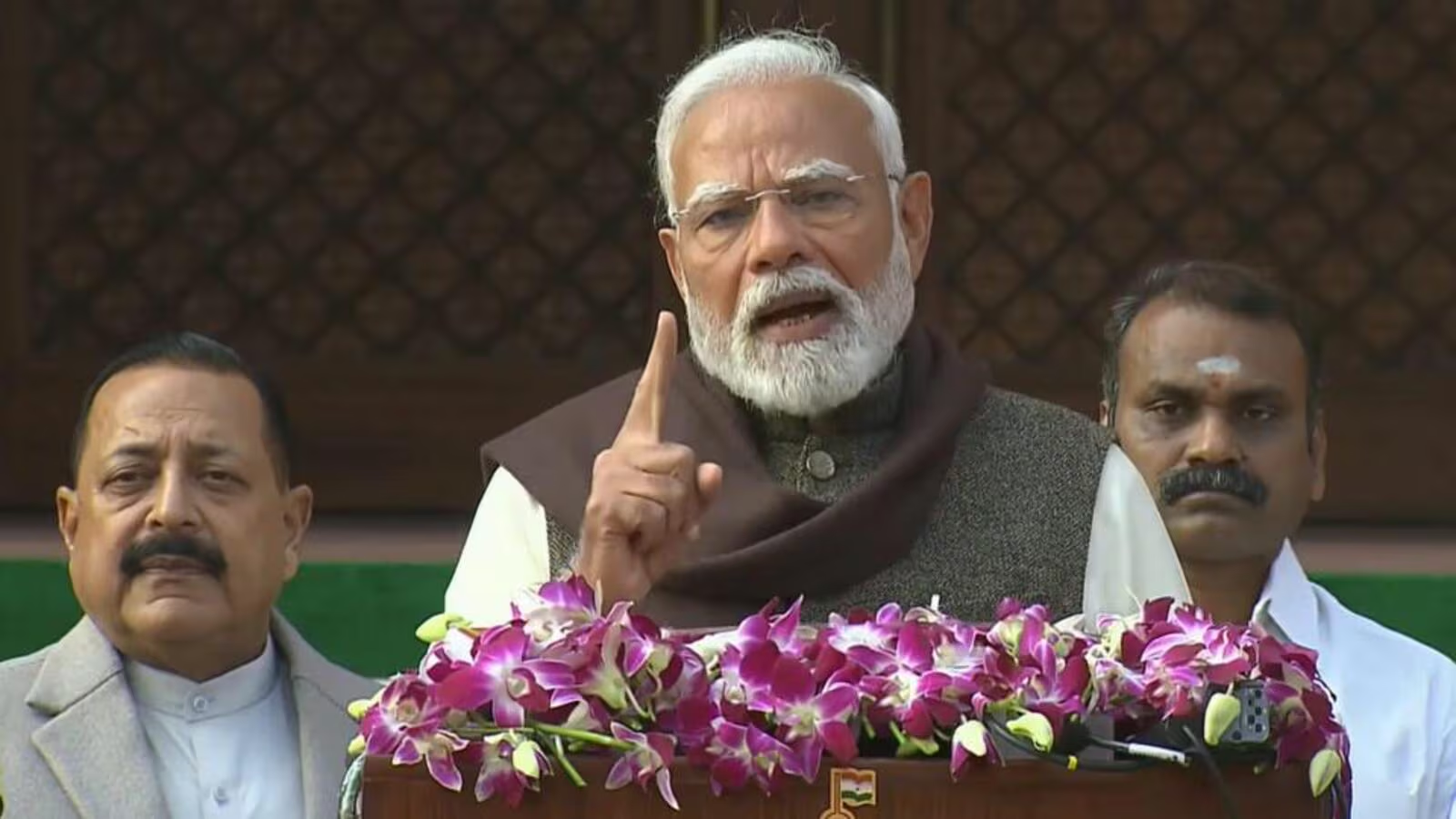Raipur, March 29, 2023.
The Chhattisgarh High Court has rendered a groundbreaking judgement. Evidently, it has declared virginity tests to be unconstitutional, violating dignity and personal liberty of a woman.
Allegedly, as guaranteed in Article 21 of the Constitution of India. The order sends a strong message by upholding a woman’s dignity and privacy rights.
Additionally, abolishing practice seen as intrusive and unequal.
Background of the Case
This judgement arose out of a criminal revision application of a Family Court order. The petitioner was a husband who sought to order a virginity test for his wife. Supposedly, in a case related to the husband’s wife’s request for maintenance.
The couple got married on April 30, 2023 and shortly after began to cohabit. They were in the husband’s family home at Urga Tehsil in the Korba District of Chhattisgarh.
The wife later alleged in her petition that the husband was impotent and did not want to live with him. Responding, the husband alleged, as per the wife’s maintenance request for ₹20,000 per month, that she committed adultery with a brother-in-law.
Shockingly, he requested a virginity test to prove his position. Ultimately, the Family Court refused the request which ultimately led to the current application.
Court’s Observations
Justice Arvind Kumar Verma, a single bench judge, upheld the Family Court ruling. Clearly, he declared that the order for a virginity test violated a woman’s right to dignity and privacy.
The court pointed out that these tests have no legitimacy under the law. As a matter of fact, it constitutes a form of inhuman treatment.
Legal History
This ruling follows the precedents set in other Indian courts regarding virginity tests. In February 2023, the Delhi High Court ruled that virginity tests conducted on female detainees or accused were unconstitutional and sexist.
Subsequently, Justice Swarana Kanta Sharma said there was no law allowing for these tests to be performed. In order to do this, violated the right to dignity protected by Article 21.
The Court noted that the concept of “custodial dignity” encompassed a woman’s right to live with dignity while in custody.
Moreover, the tests in question interfered with both her bodily and psychological integrity.
Impact on Women’s Rights
In this regard, this ruling is a substantially positive step towards protecting women’s rights in India.
The Court’s decision to deem virginity testing unconstitutional illustrates the courts’ recognition. Especially, of the invasive and discriminatory nature of these tests.
The ruling is likely to discourage such tests from being imposed in similar contexts or in future legal proceedings.
Wider Context and Implications
Furthermore, it emphasizes the respect for dignity and personal liberty for women.
The judgment adds to the developing discourse on questions of gender equality and women’s autonomy in Indian society.


